When Apple hired John Giannandrea from Google back in 2018, it felt like a pivotal moment for the company's AI ambitions. Here was a respected executive who had overseen cutting-edge AI deployments in Google's most popular products, coming to Apple at a time when Siri was clearly falling behind competitors like Google Assistant and Amazon's Alexa. The hire seemed to signal that Apple was finally getting serious about artificial intelligence. Big moment. High hopes.
Fast forward to today, and the picture looks dramatically different. Apple's AI leadership is facing unprecedented upheaval, with sources suggesting the company is quietly exploring options to replace Giannandrea after years of internal challenges that have reached a critical tipping point. The company that once revolutionized personal technology with intuitive interfaces now finds itself grappling with internal discord and missed opportunities in the AI race, risks that threaten its competitive position in the most important technological shift in decades.
The Giannandrea era: From promise to problems
Looking back, the expectations for Giannandrea couldn't have been higher. When he joined Apple in 2018 to lead its machine learning and AI strategy, he was coming from Google where his teams had been deploying cutting-edge AI technology in Photos, Translate, and Gmail. Google's 2014 acquisition of DeepMind had cemented its reputation as an AI leader, making Giannandrea's transition particularly significant, he was essentially bringing the DNA of the world's most advanced AI lab to Apple's ecosystem.
On paper, it looked like a perfect match. In practice, fundamental cultural misalignments deepened over time. The past year has been marked by what insiders describe as "AI turmoil" that signals not just project delays, but systemic dysfunction in how Apple approaches AI development. The removal of Apple's robotics team from his oversight in April 2025 represented more than organizational reshuffling, it publicly signaled that his influence within the company was being curtailed.
Perhaps most telling was his notable absence from WWDC 2025. In Apple's carefully orchestrated world, such absences are not accidental, they are a message that something fundamental has shifted in the executive hierarchy. This was not just optics. It reflected years of internal challenges, including delays in Apple Intelligence features and perceived missteps in project management that have forced Apple to reconsider its entire AI leadership structure.
Internal conflicts and strategic missteps
Behind the scenes, the tensions run deeper than personality conflicts or slippage on timelines. Giannandrea reportedly clashed with CEO Tim Cook over budget allocations for AI chip development in 2023, a standoff that captured two competing visions. It was not just about money. Giannandrea pushed for Google-style infrastructure at scale, while Cook stuck to Apple's measured approach to capital.
The cultural mismatch was sharper up close. While Giannandrea brought valuable expertise from Google, his approach hasn't aligned perfectly with Apple's hardware-centric culture. At Google, AI thrives on abundant compute and data-rich cloud services. At Apple, success means threading the needle: privacy constraints, on-device processing limits, and integration across a hardware plus software ecosystem where every feature must feel seamless and premium.
The company's redistribution of responsibilities tells the real story. Apple shifted key functions like Siri development away from Giannandrea in March 2025, officially framed as allowing him to focus on core AI strategy. The move said something else. Tim Cook has lost confidence in Giannandrea, prompting the reassignment of Mike Rockwell, known for the Vision Pro project, to oversee Siri's development.
That reassignment matters because Rockwell's Vision Pro track record mirrors what Apple needs in AI leadership, someone who can manage cutting-edge technology within Apple's constraints and still ship polished products that justify premium pricing. This restructuring represents Apple's effort to regain momentum in the competitive landscape of AI-driven technology, and it signals Apple sees its current AI trajectory as unsustainable.
The broader talent exodus crisis
Leadership woes are compounded by a brain drain that threatens Apple's long-term viability in AI. The numbers are stark. Apple has lost 47 of its top 50 AI researchers to rivals over two years. That is not normal churn, it is a dismantling of institutional knowledge.
Departures have mapped cleanly to Apple's fiercest rivals. From 2023 to 2025, 18 researchers departed for OpenAI, 12 for Google, 9 for Meta, 5 for Anthropic, and 3 started their own companies. Each exit is not just a badge swipe turning off, it is years of tacit knowledge walking into a competitor's building.
The most painful loss was Dr. Sarah Chen. Meta has successfully recruited Dr. Sarah Chen, Apple's last remaining senior AI researcher from its Neural Engine team. Chen was not just another researcher, she was the architect of Apple's on-device AI strategy and the last guardian of its privacy-first AI vision. Her move means Meta now understands Apple's neural engine roadmap and privacy-preserving approaches from the inside.
The scope of Chen's work shows the cost. She led development of the A17 Bionic's neural engine and pioneered Apple's on-device language models. That expertise, years of research into efficient on-device processing, could have differentiated Apple for a long time. What makes this brain drain especially damaging is that it involves researchers who understood Apple's unique approach to AI, including its emphasis on privacy and on-device processing. These were specialists attuned to Apple's constraints and advantages.
What's next for Apple's AI leadership?
Apple's leadership search reads as recognition that change is urgent. Several top Apple executives are nearing retirement age, with potential successors including John Ternus or external talent from AI powerhouses. Choosing between an insider and an outsider will telegraph whether Apple believes the fix is already in-house or requires a fresh set of eyes.
The bar is high. The next leader must understand Apple's culture and the fast-evolving AI landscape, earn credibility with a bruised team, and still attract top talent back to Cupertino. Results need to show up quickly enough to satisfy executives and investors who are watching every demo and delay like hawks.
For now, Apple is in full damage-control mode. The company has implemented retention measures including the earlier wind-down of Project Titan (reported Feb 2024), stepped up retention efforts and increased AI spending (reports cite ~ $1B/year in AI R&D, not a single $1B retention payout), relaxing publishing rules, and purchased a Cupertino office campus and announced expanded U.S. AI infrastructure investments. When you are changing publication policies and dangling billion-dollar packages, you are admitting the old playbook failed.
Sources suggest Apple's board is considering emergency retention packages, major acquisitions, leadership changes, and outside AI leadership recruitment to plug the gaps. The consequences are already visible, while Apple has made strides with features like improved Siri contextual understanding, critics point to ongoing stumbles, such as delayed rollout of advanced Apple Intelligence tools that keep consumers and developers wondering if Apple can keep pace.
Can Apple regain its AI footing?
The current situation represents a critical juncture for Apple as the industry races to integrate generative AI across all product lines. This is not just about shipping competitive features. It touches survival in a market where AI increasingly drives purchase decisions and ecosystem loyalty.
Investors have noticed. Apple's stock performance has lagged behind other major tech players, fueling speculation about potential strategic shifts and partnerships. Underperforming other "Magnificent Seven" names during an AI boom is a loud signal about perceived positioning.
Apple's challenge is knotted up with its brand values. The company's deliberate, privacy-first approach, emphasizing on-device processing, aligns with its brand ethos and growing global demand for data protection, but it has undeniably ceded ground in the velocity-driven generative AI race. Privacy may prove a long-term advantage as regulation tightens and users get savvier. In the short run, it makes Apple look slower than rivals who favor speed and capability over guardrails.
The measure that matters is execution at scale. Apple's ability to maintain its premium valuation and market leadership will hinge on its capacity to not only catch up but also differentiate through superior, secure, and intuitive AI. Apple has steered past big platform shifts before. AI is different, trickier, more public, and it tests whether Apple can stay Apple and still compete at full speed.
Apple's ability to bridge this gap between its long-term vision of privacy-first, integrated AI and the immediate market demands for rapid and impactful AI innovation will determine its sustained leadership in the AI-powered future. If I had to bet, the next few years decide it. Either Apple resets its AI leadership and execution, or it becomes a cautionary tale about moving too slow when the platform shifts under your feet.




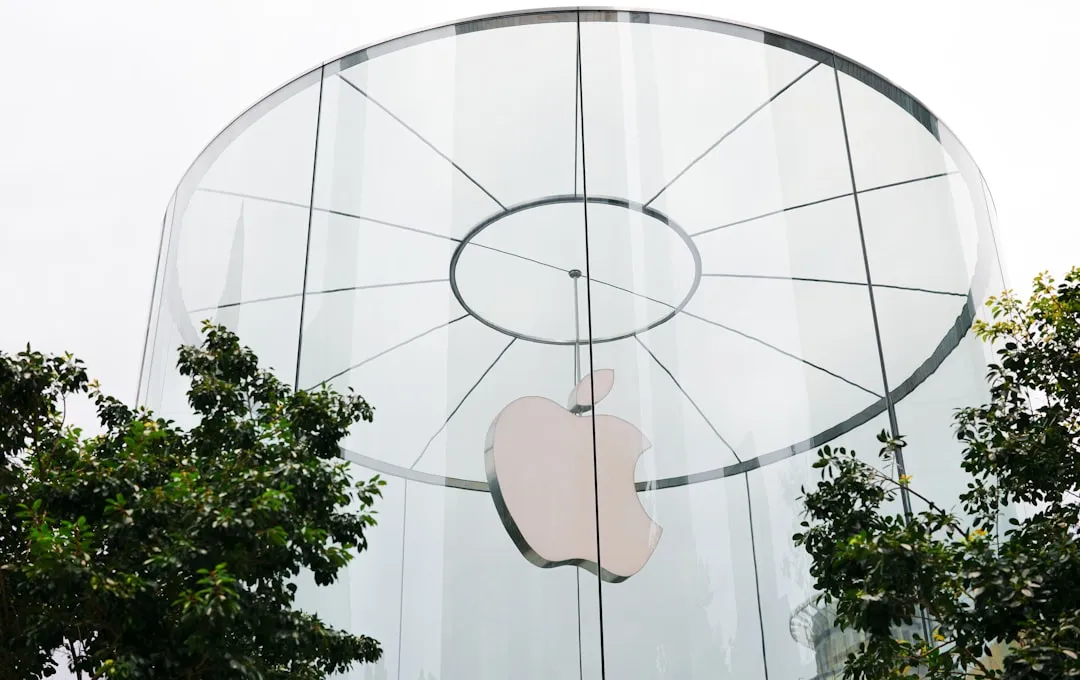
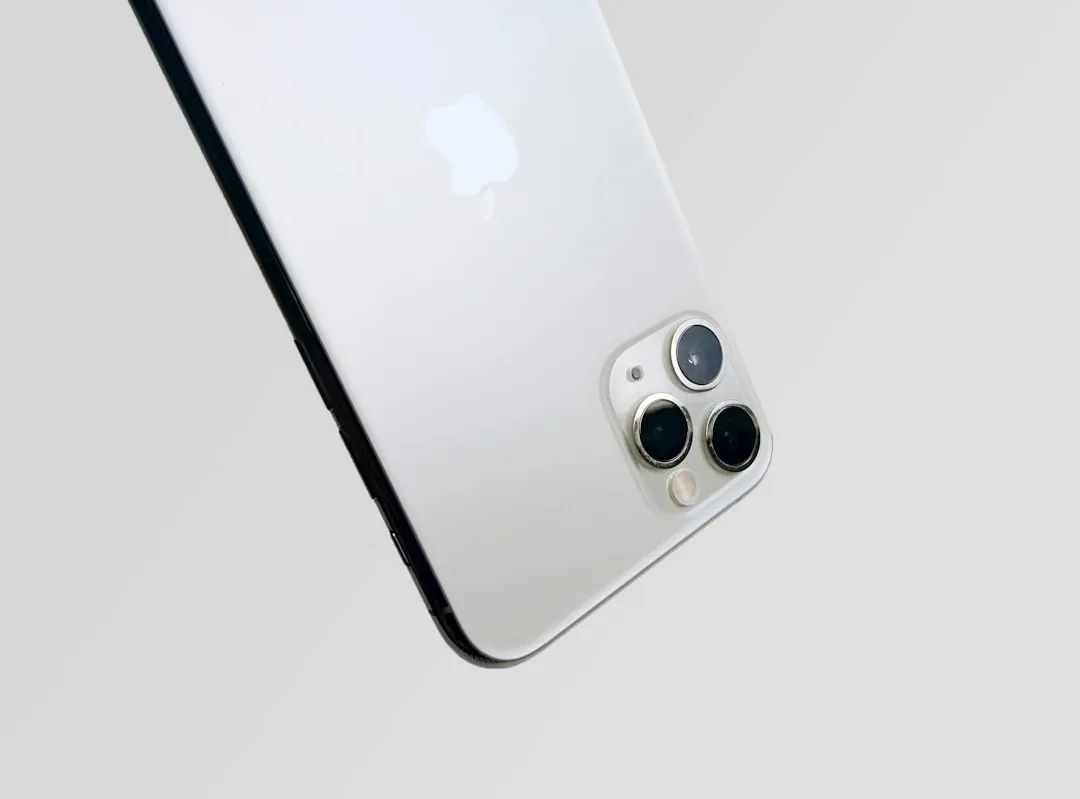
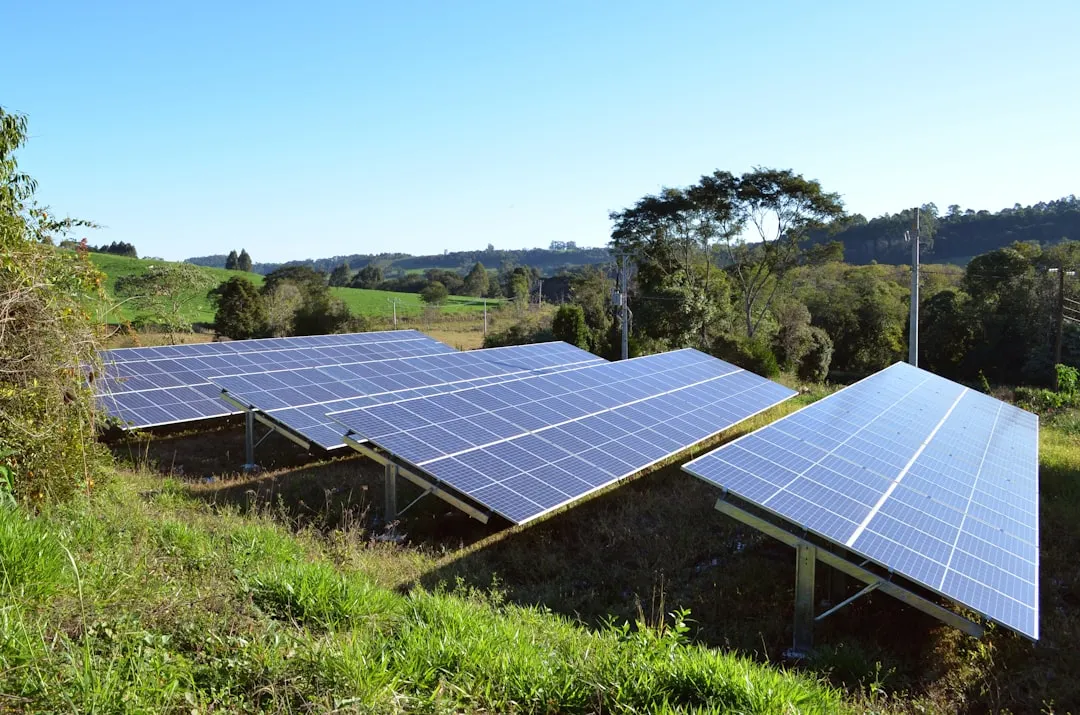


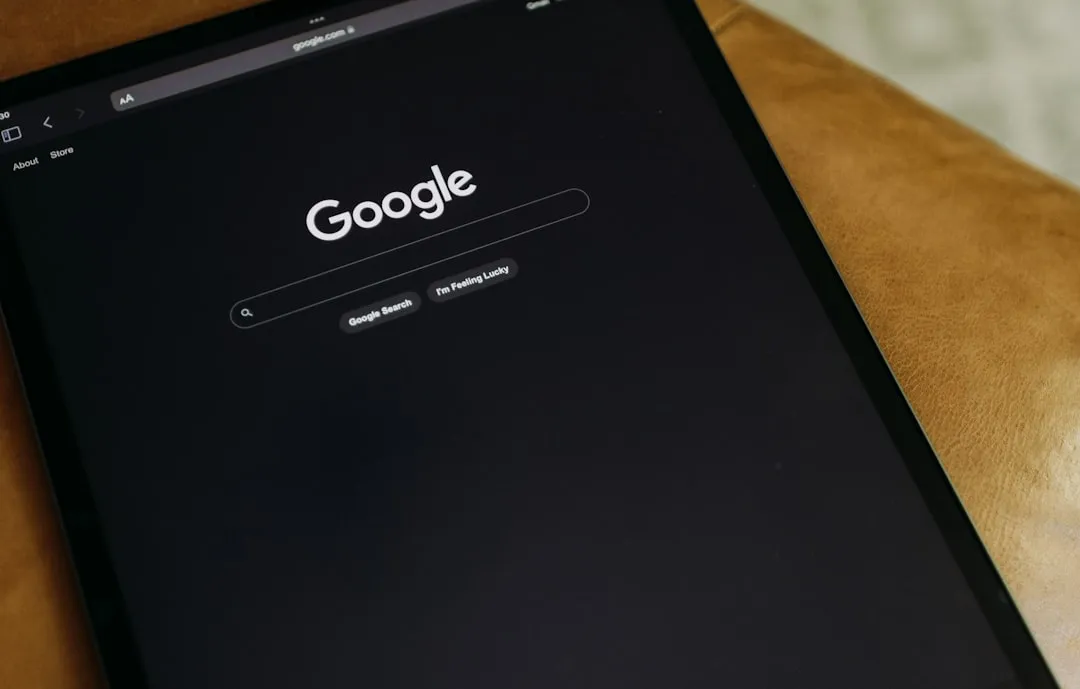
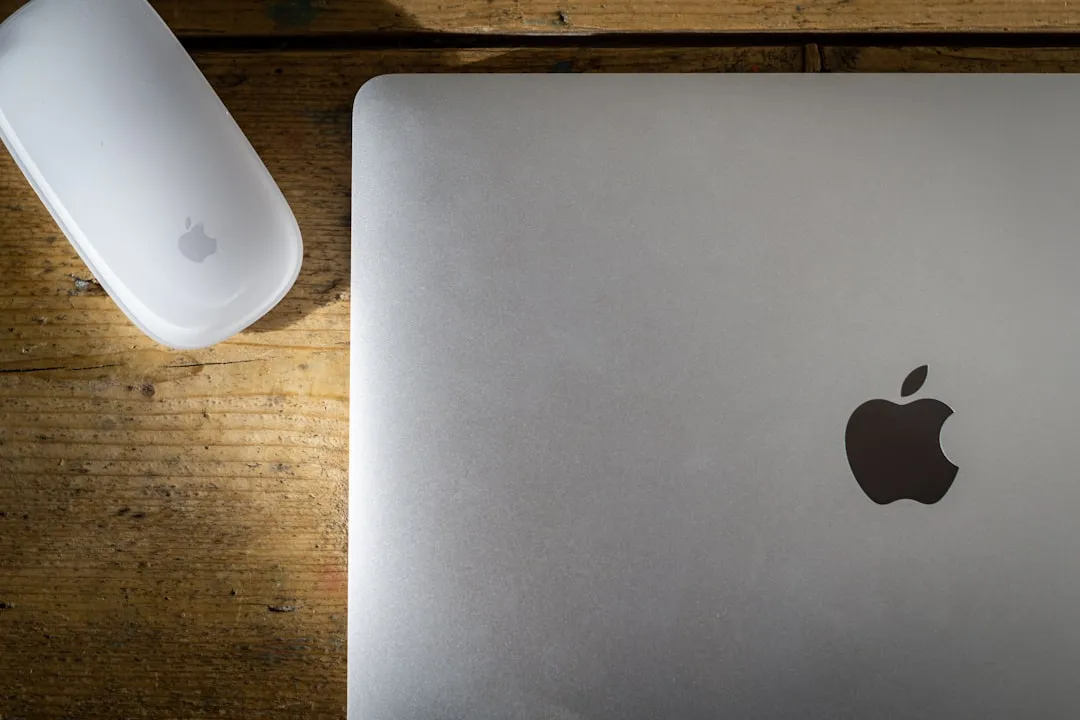

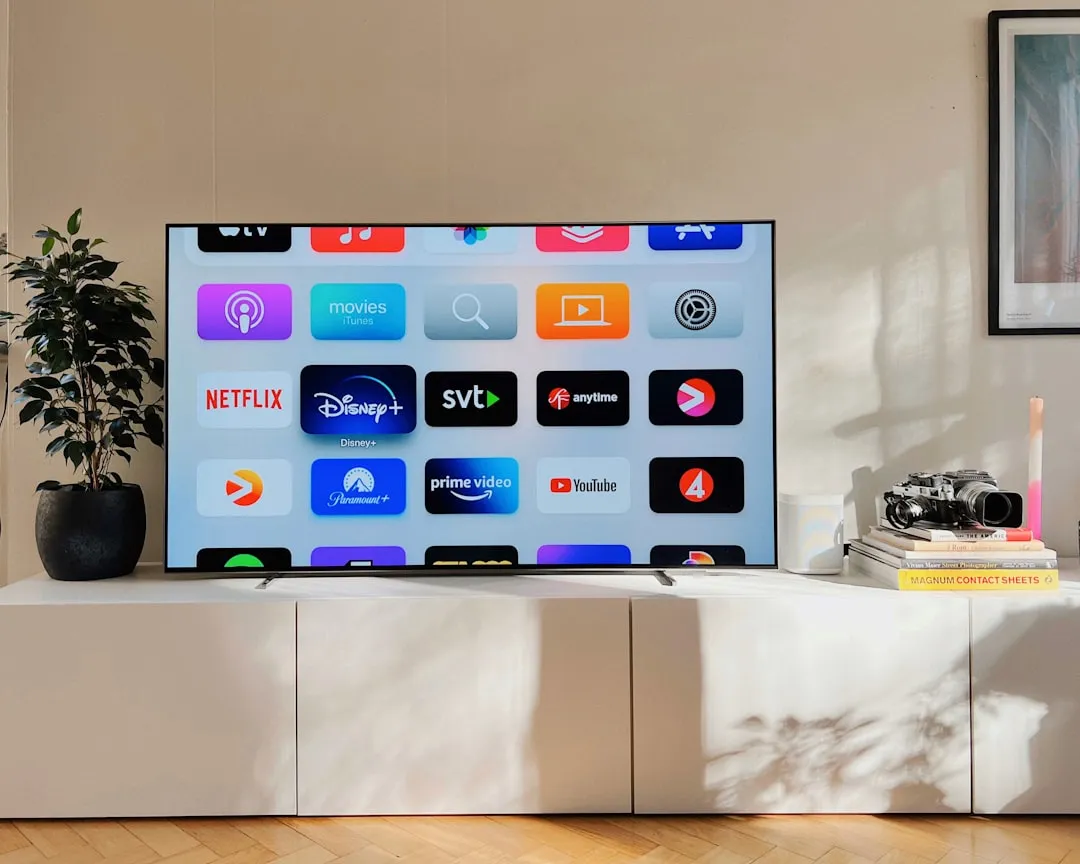
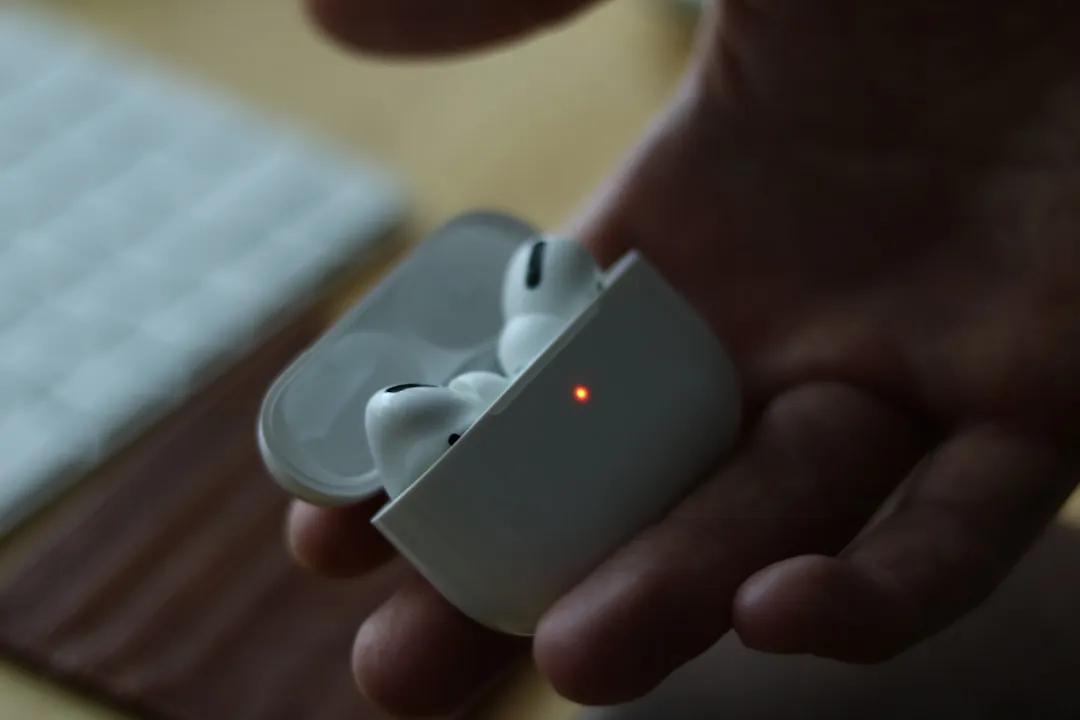
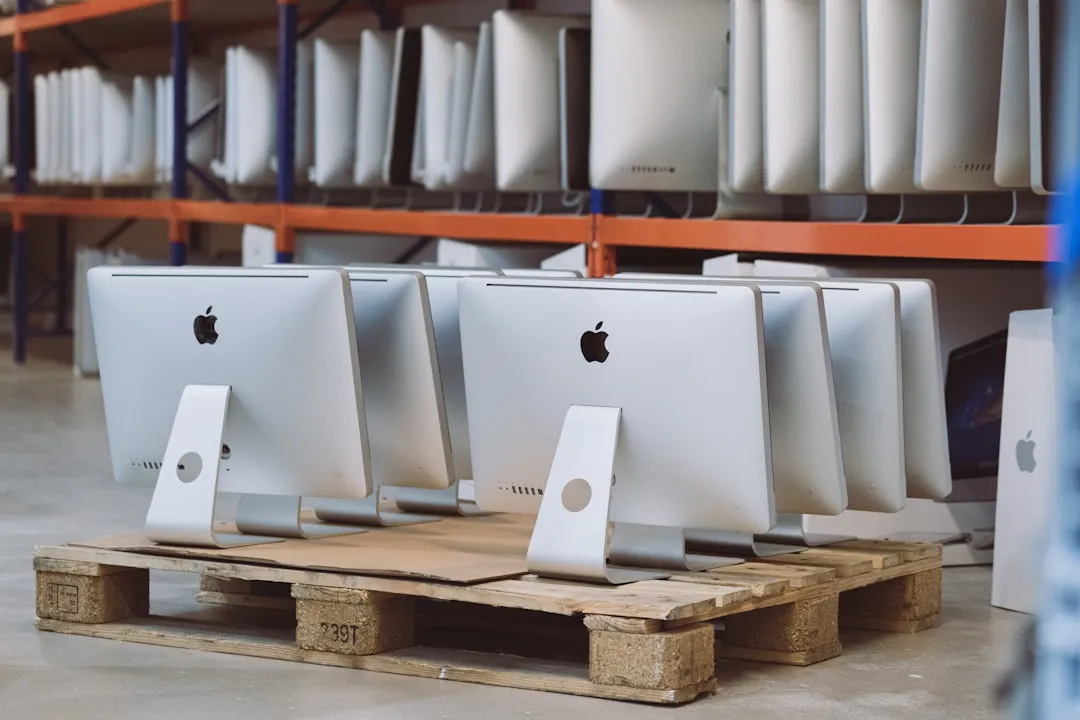
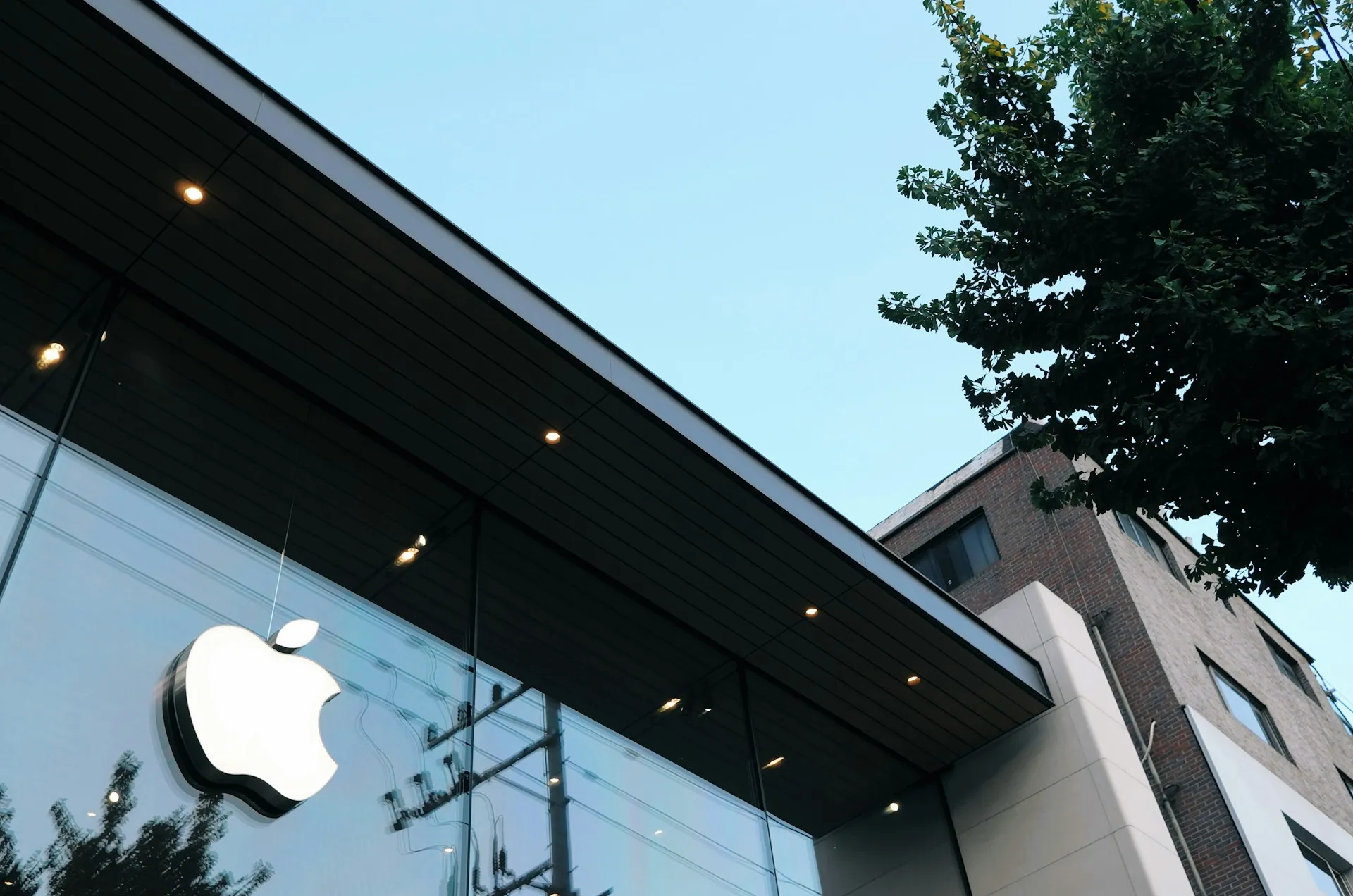

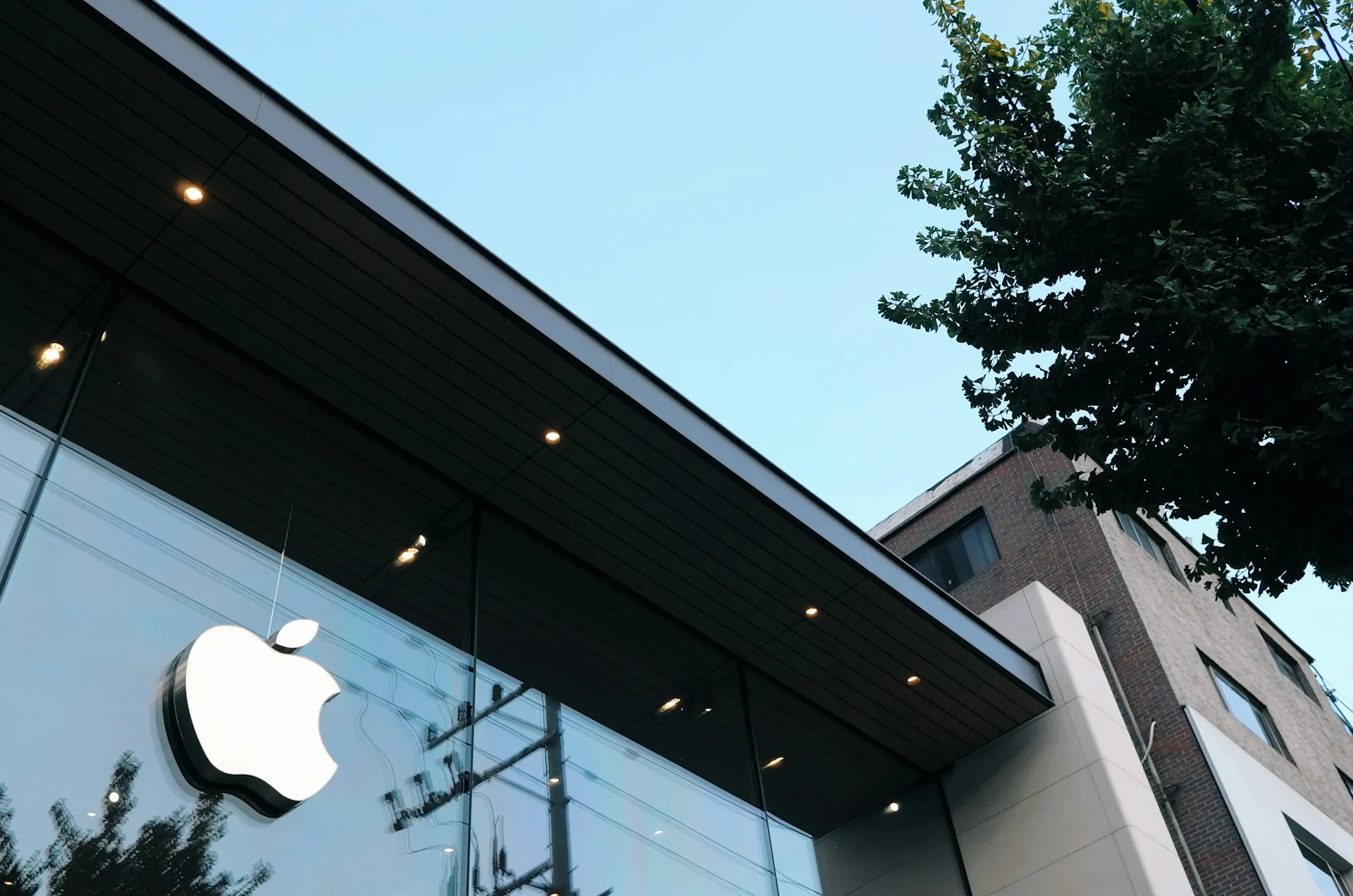
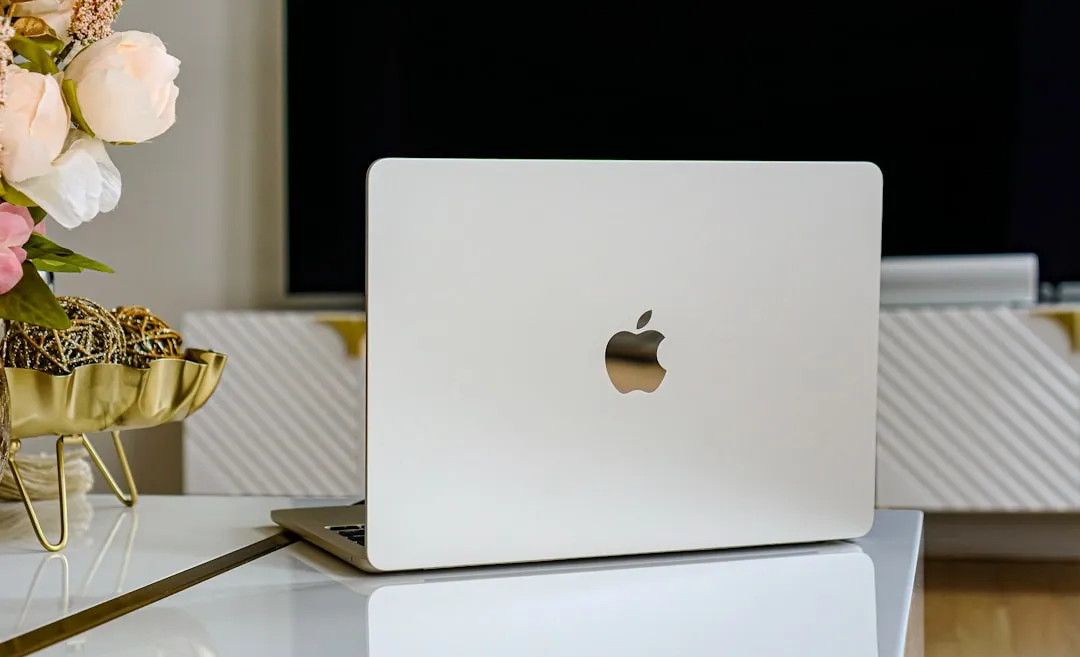
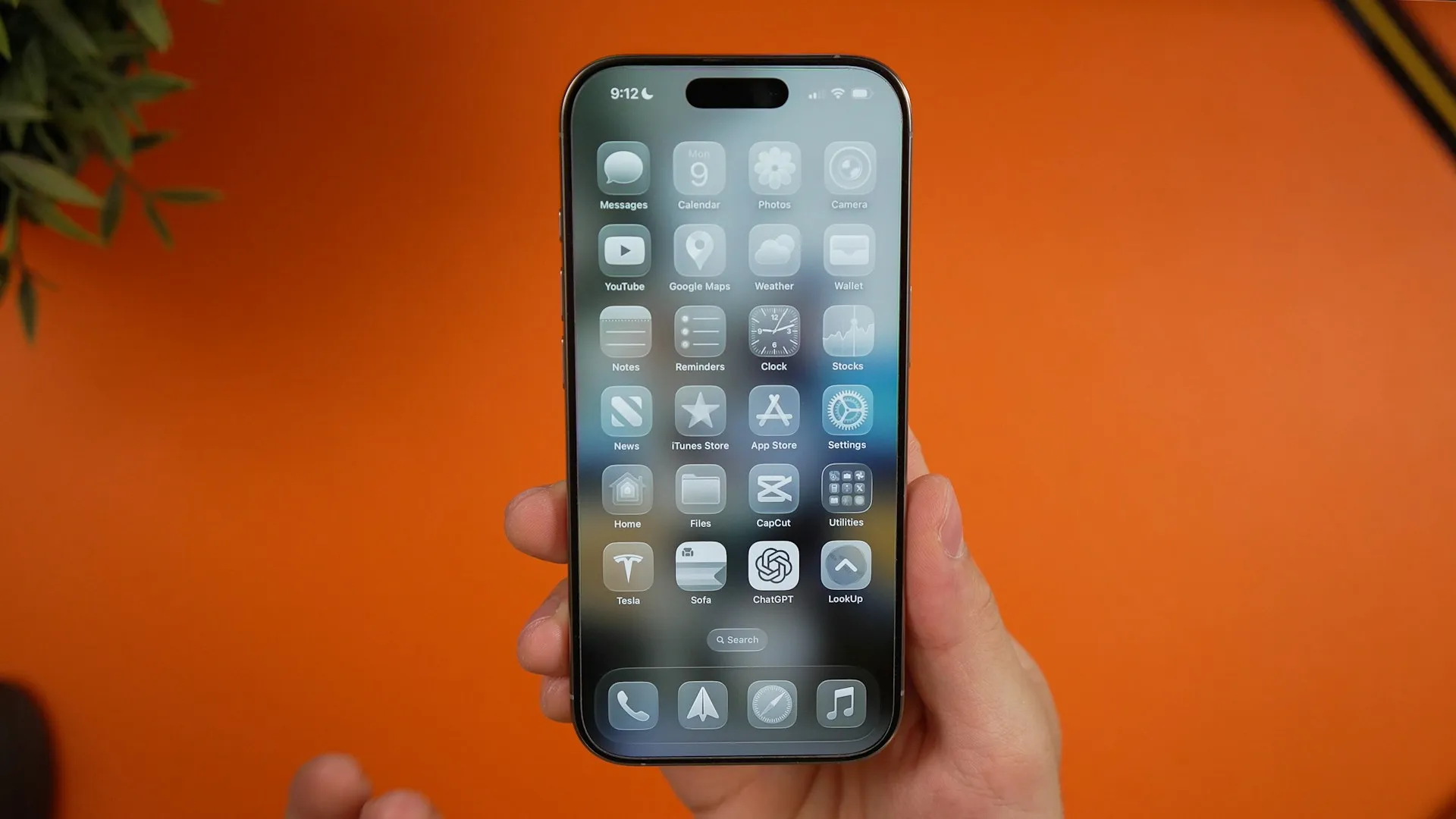


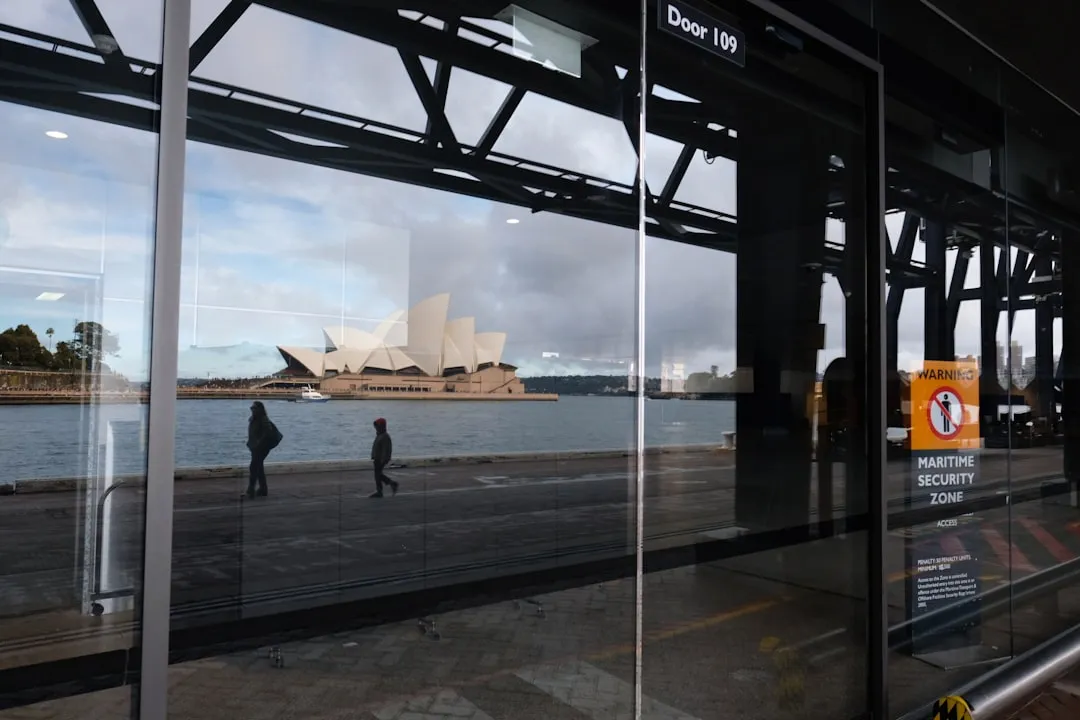
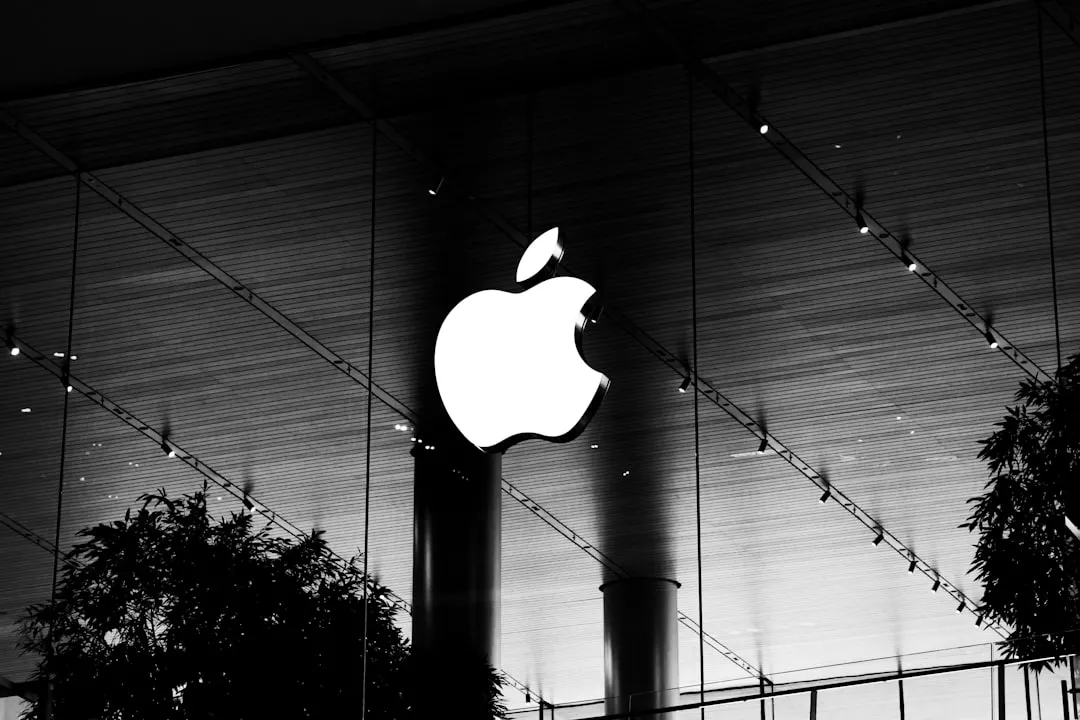
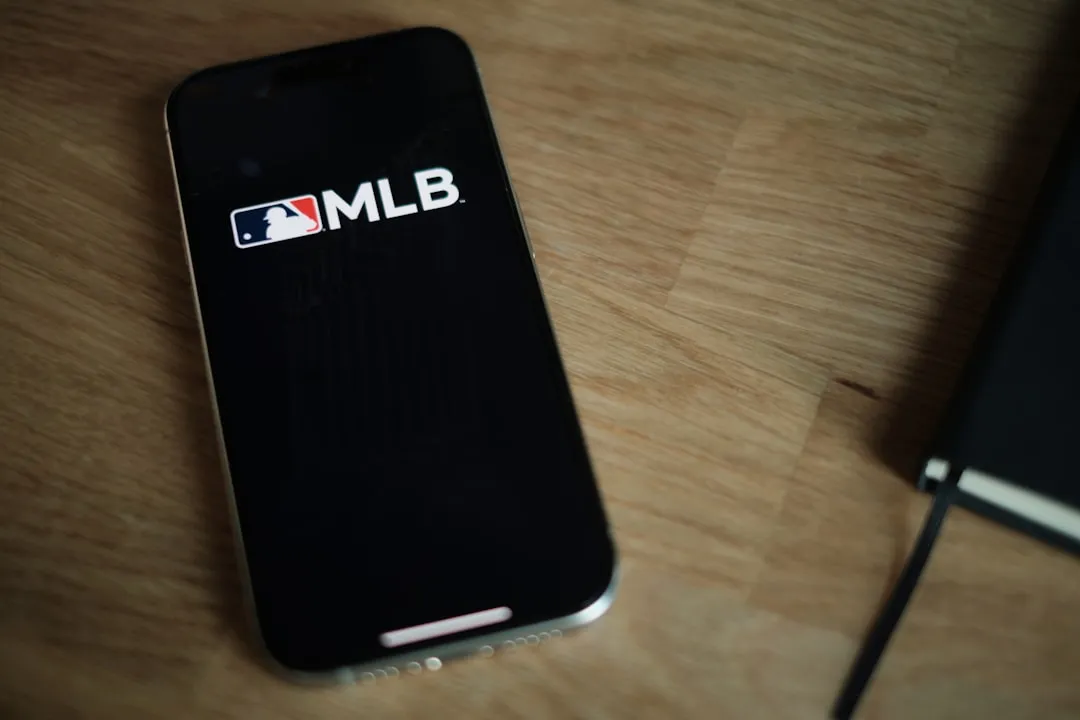
Comments
Be the first, drop a comment!